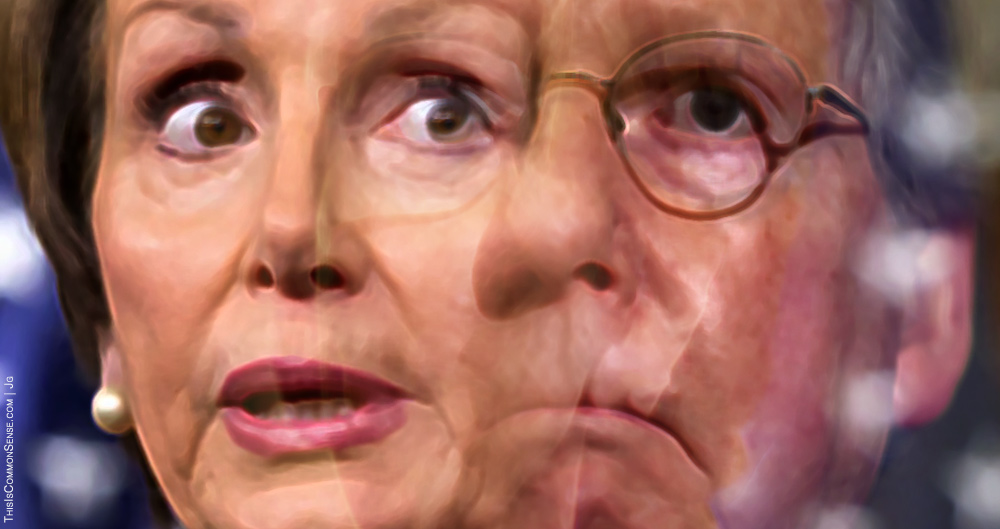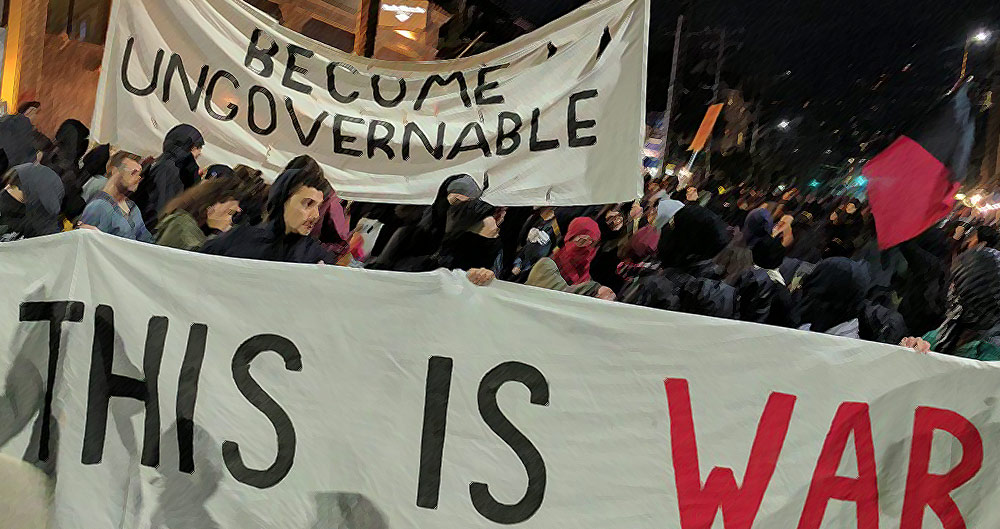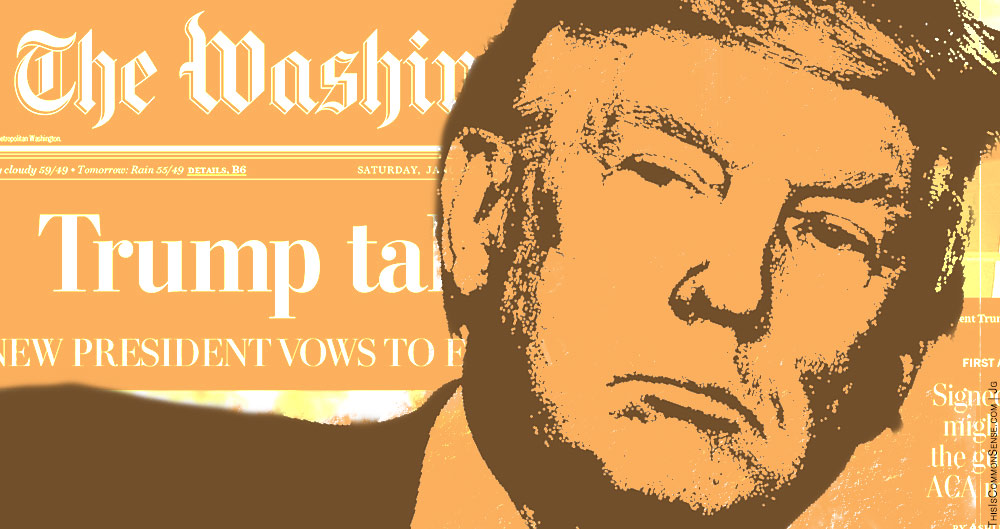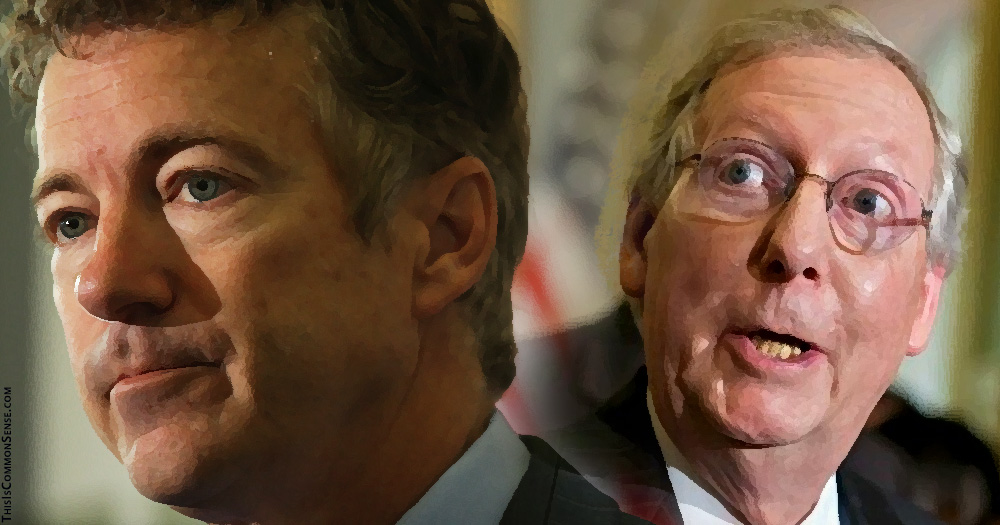Senate Majority Leader Mitch McConnell sure is popular . . . in Washington.
Elsewhere? Well . . .
In Alabama, a Republican runoff on the 26th pits controversial Judge Roy Moore, who gained national attention fighting to keep a Ten Commandments monument on court grounds, against U.S. Senator Luther Strange, appointed to the office by Governor Robert Bentley.*
The third place finisher was U.S. Rep. Mo Brooks, who, while complimenting Judge Moore for running “a very honest campaign,” has declined to endorse either candidate. As for Strange, Brooks offered: “I want to congratulate the people who were behind him: Mitch McConnell, the Washington establishment, the K street lobbyists. They put together some very tough ads . . .”
McConnell has poured nearly $7 million from the Senate Leadership Fund into Strange’s campaign, giving the incumbent what the Birmingham News called “a staggering financial edge over Moore.”
And yet the paper’s report also noted that this “money advantage has not translated so far into votes.” A recent poll shows Judge Moore with a double-digit lead over Sen. Strange — 52 to 36 percent.
President Trump has also endorsed Strange, which with Trump’s popularity there is likely to help. Meanwhile, House Freedom Caucus Chairman Mark Meadows endorsed Moore, warning that McConnell, a fellow Republican, would flood the state with “millions of dollars in false advertising.”
GOP advertising in Georgia’s June special election bypassed the Democrat running to instead make Democrat House Minority Leader Nancy Pelosi the face of opposition Democrats. It seemed to work.
Similarly, Roy Moore’s campaign may very well ignore Strange to make Sen. Mitch McConnell the face of the opposition Washington establishment.
Possible slogan: “The Washington establishment’s choice is Strange.”
This is Common Sense. I’m Paul Jacob.
* The governor was, at the time of the appointment, under investigation by Strange, then Alabama’s Attorney General.











